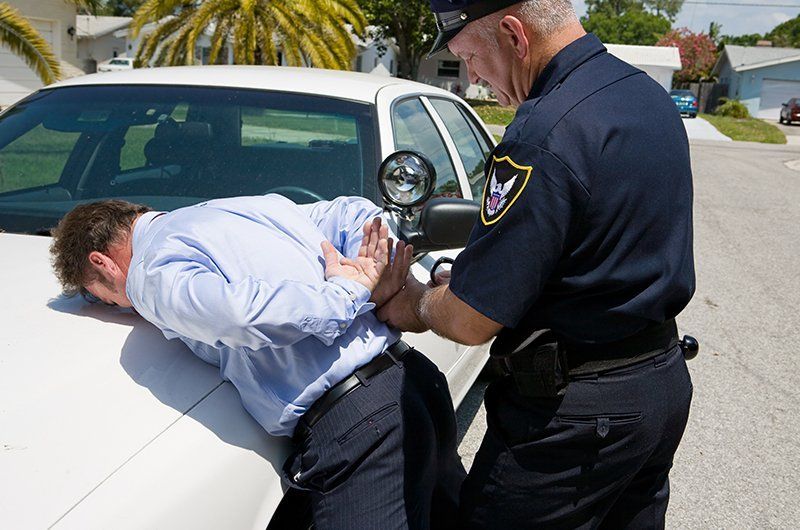
In most states, law enforcement agencies can set up traffic stops to check for drivers who might be under the influence of alcohol or drugs. Wisconsin, however, is not one of them. In this state, a police officer must have reasonable suspicion to pull you over and probable cause to perform tests to determine whether you are impaired by drugs or alcohol. If you have been arrested for DUI, it’s in your best interest to contact the Cohen Law Offices as soon as you can to discuss your options with an experienced attorney.
What is a DUI Checkpoint?
DUI checkpoints, which are sometimes also referred to as sobriety checkpoints, are stops set up on the roadway by local law enforcement agencies. Vehicles are stopped at random to assess for any impaired drivers. These checkpoints are most frequently used during times when impaired driving increases, such as holiday weekends. Sometimes it is merely the heightened attention from the media surrounding the DUI checkpoints that helps decrease instances of drunk driving. Depending on the state and the law enforcement agency, officers may just be talking to drivers to determine if they have probable cause for a DUI arrest, or they may require breathalyzer tests. When DUI checkpoints are set up, there must be a coordinated effort within the justice system to process the influx of DUI arrests and cases.
Wisconsin DUI Checkpoints Illegal
In Wisconsin and several other states, DUI checkpoints are illegal. Under Wisconsin law, an officer must have reasonable suspicion that a law is being broken to pull you over. This makes pulling drivers over at random at a DUI checkpoint illegal. Many critics believe that checkpoints are an infringement of constitutional liberties, as in states where they are legal, people are being detained by police at random. DUI checkpoints are also costly, and research indicates that stopping drivers while on patrol is usually more successful in getting drunk drivers off the road.
Reasonable Suspicion
In order to stop a driver for suspected impairment, a law enforcement officer must have reasonable suspicion that a crime is being or recently has been committed. If they do not, the evidence gathered during the stop can often be suppressed, meaning that it cannot be used against you in court. In many cases, when evidence is suppressed, it results in the case being dropped or dismissed. Things that can justify a traffic stop include:
- Speeding
- Weaving in and out of traffic
- Expired tags
- Failure to maintain your lane
- Driving too slowly
If an officer observes possible signs of potential intoxication, such as slurred speech or the smell of alcohol, during a traffic stop, they will likely have legal justification to request that you submit to testing a possibly arrest you.
How the Cohen Law Offices Can Help You?
Our lawyers can examine the facts in your arrest to determine if police conducted themselves lawfully during and after your traffic stop. We will examine the purported reason that you were pulled over and why the arresting officer was believed you may have been impaired. Even if officers acted legally, the experienced attorneys at Cohen Law Offices might be able to fight your charges or negotiate a plea agreement that significantly mitigates the consequences you are facing. Call Cohen Law Offices today at (715) 514-5051 or use our confidential online contact form to schedule a case review.
When Results Matter Most, Call Cohen Law First.
We’re not just any law firm — we’re
Northwest Wisconsin’s trusted criminal defense powerhouse. At Cohen Law Office, criminal defense isn’t one thing we do — it’s
the only thing we do.
Focused on YOU. Fighting for YOU. Always.
Need Help After Hours? We've Got Your Back.
If you're reaching out outside of our regular business hours,
don’t worry — just
click here, and one of our dedicated team members will get in touch with you as soon as possible.

